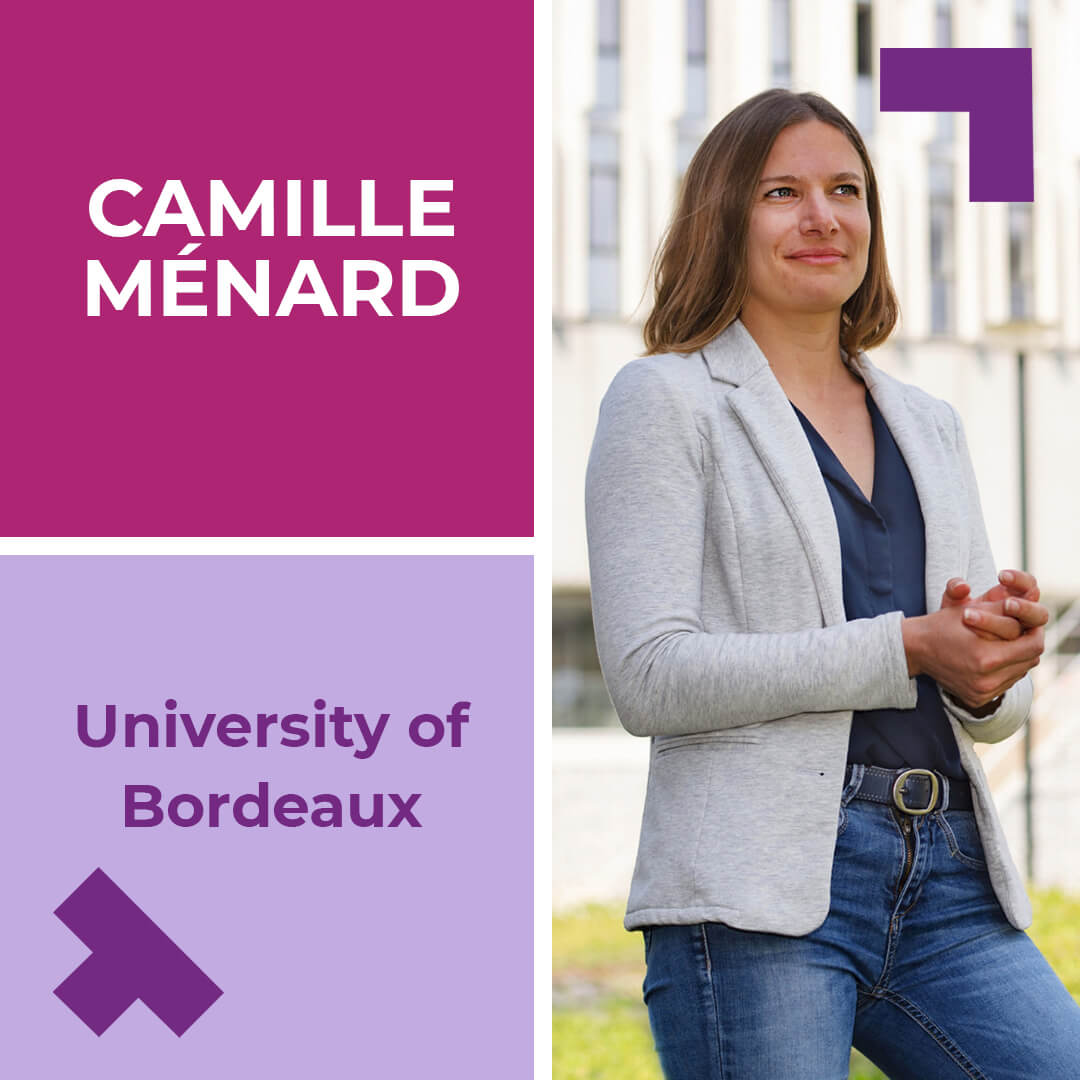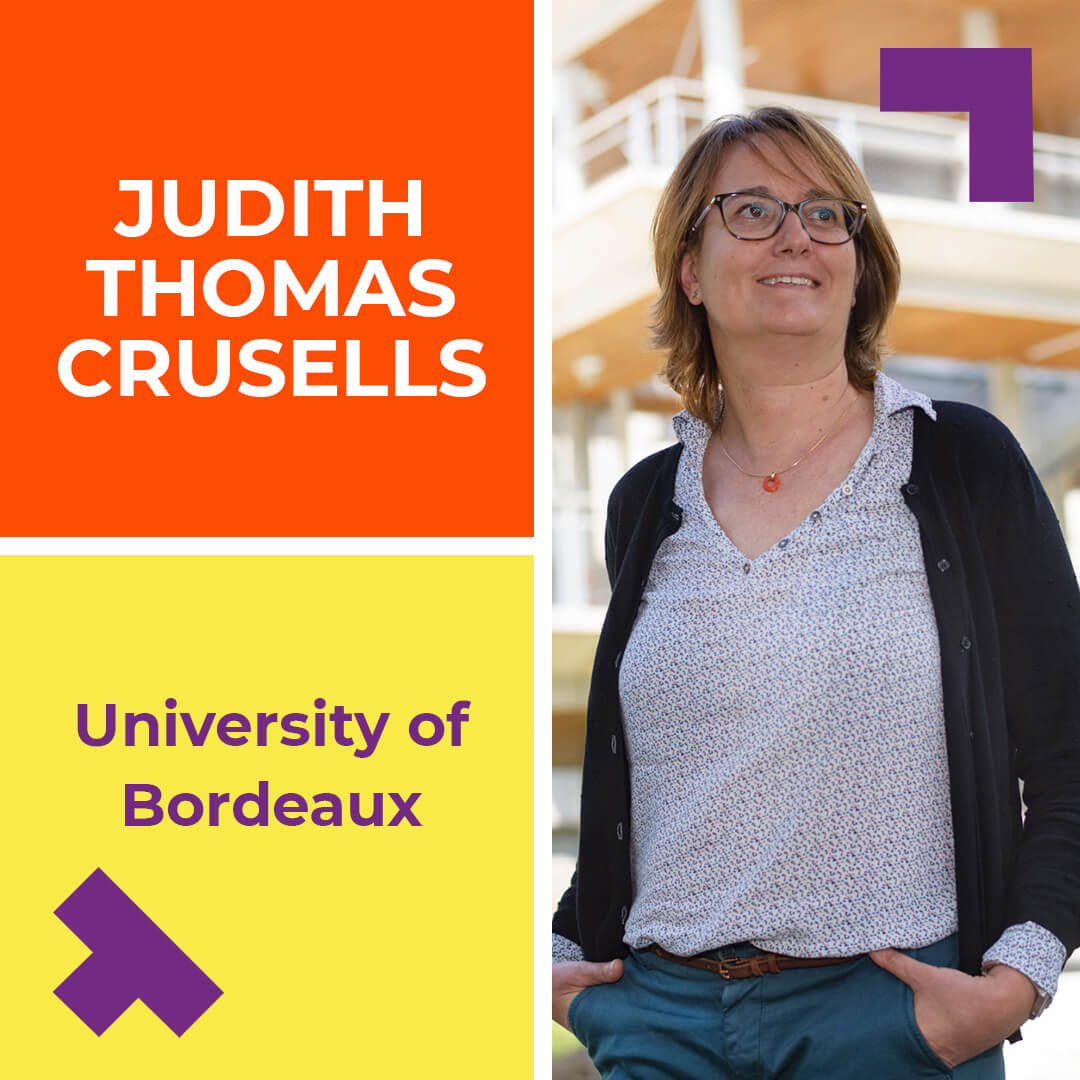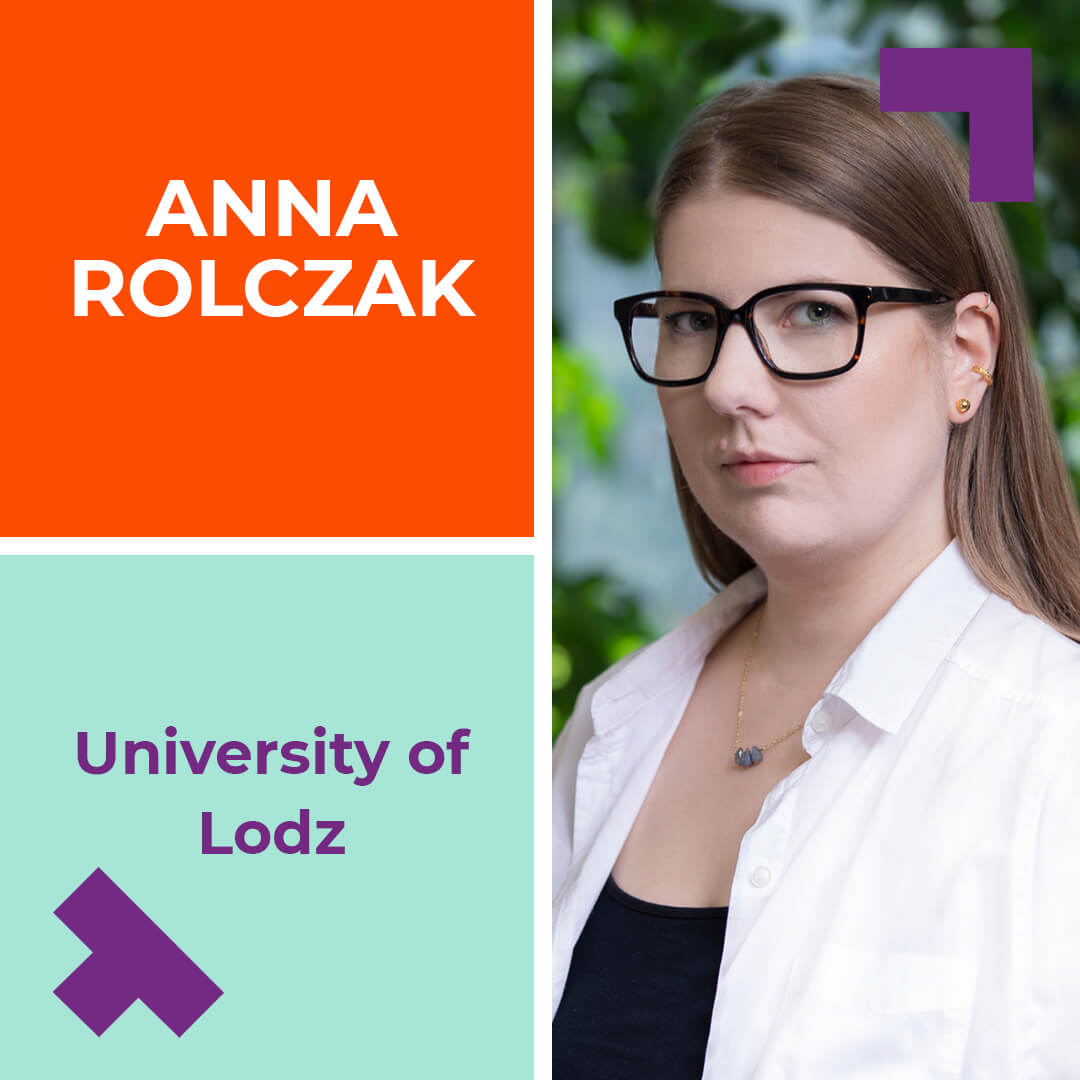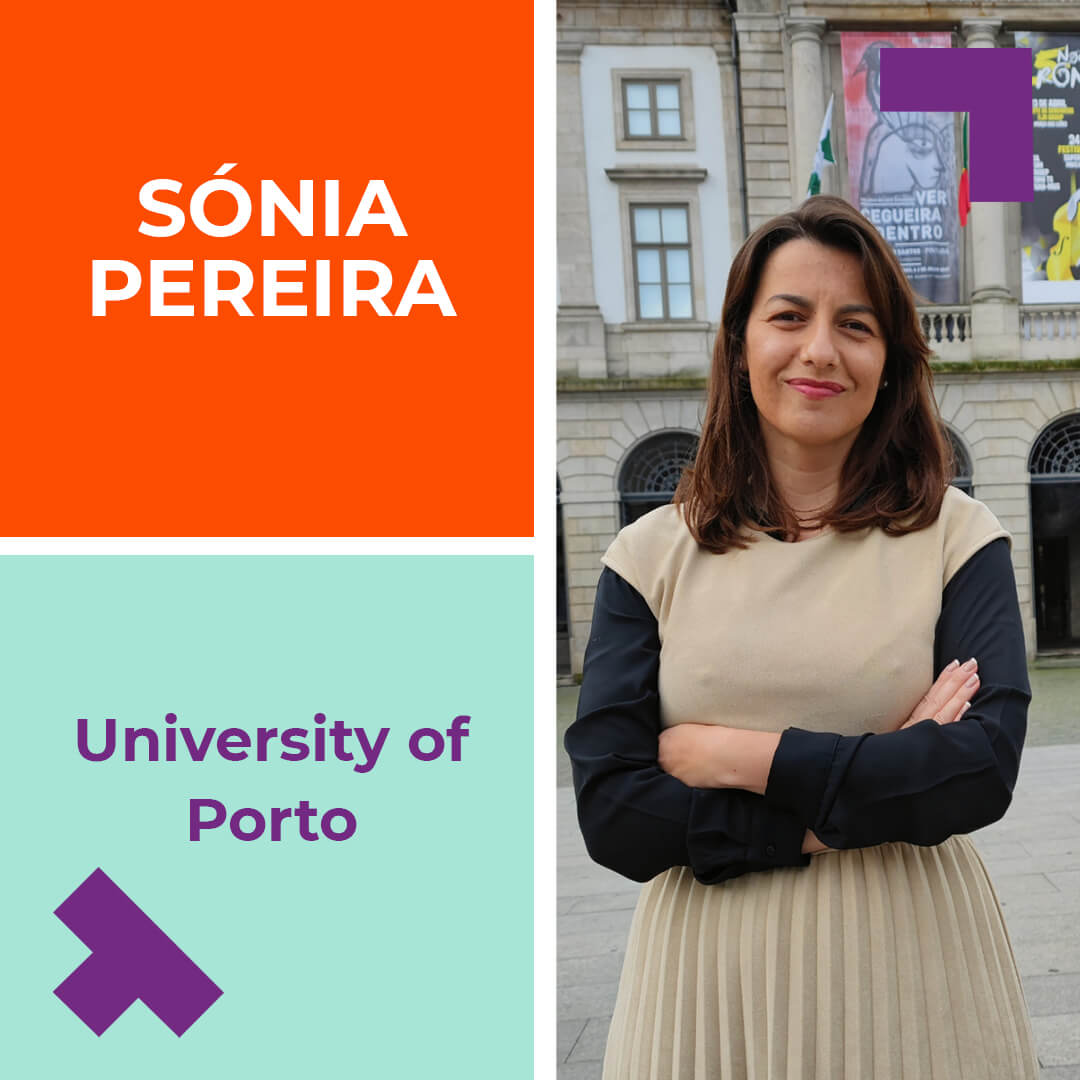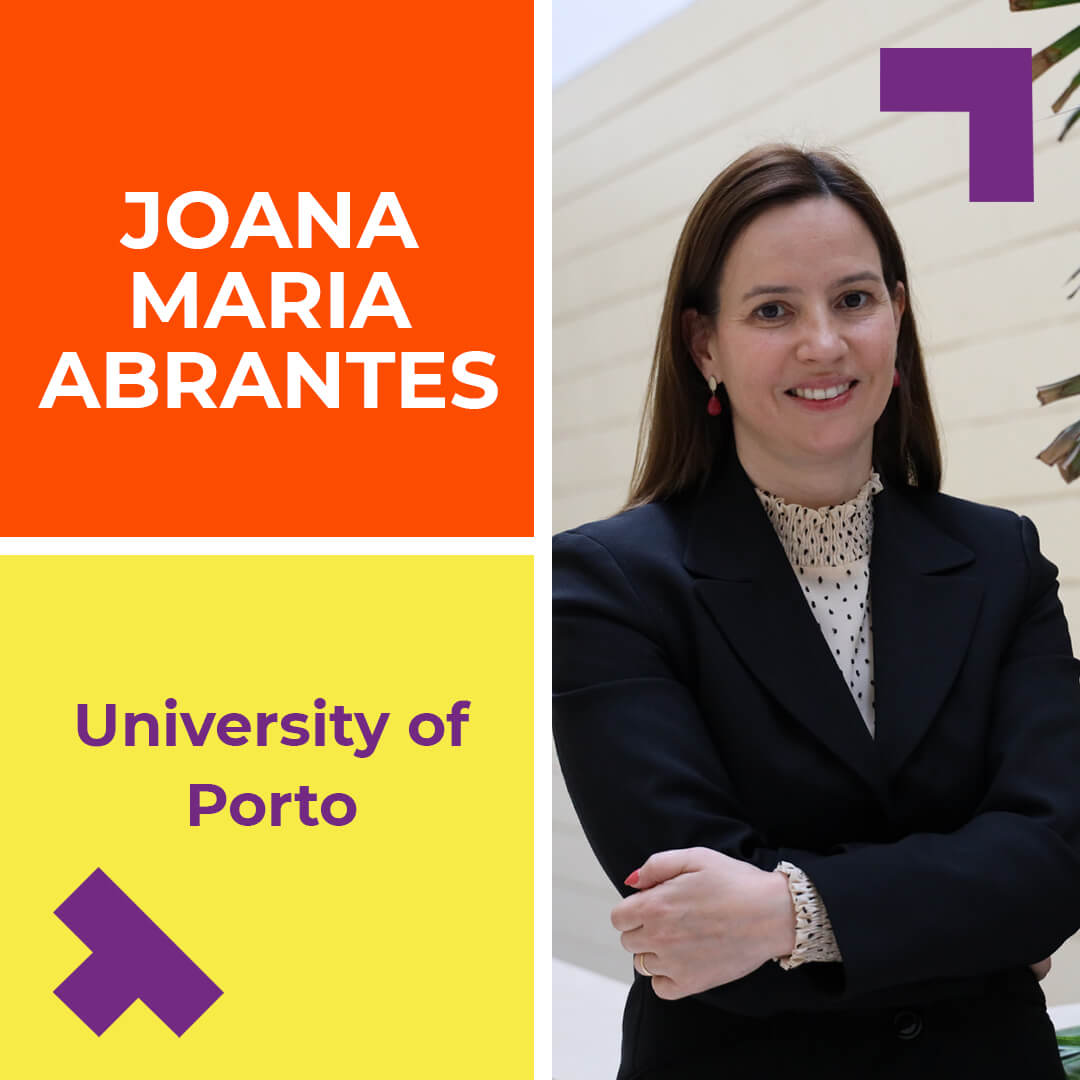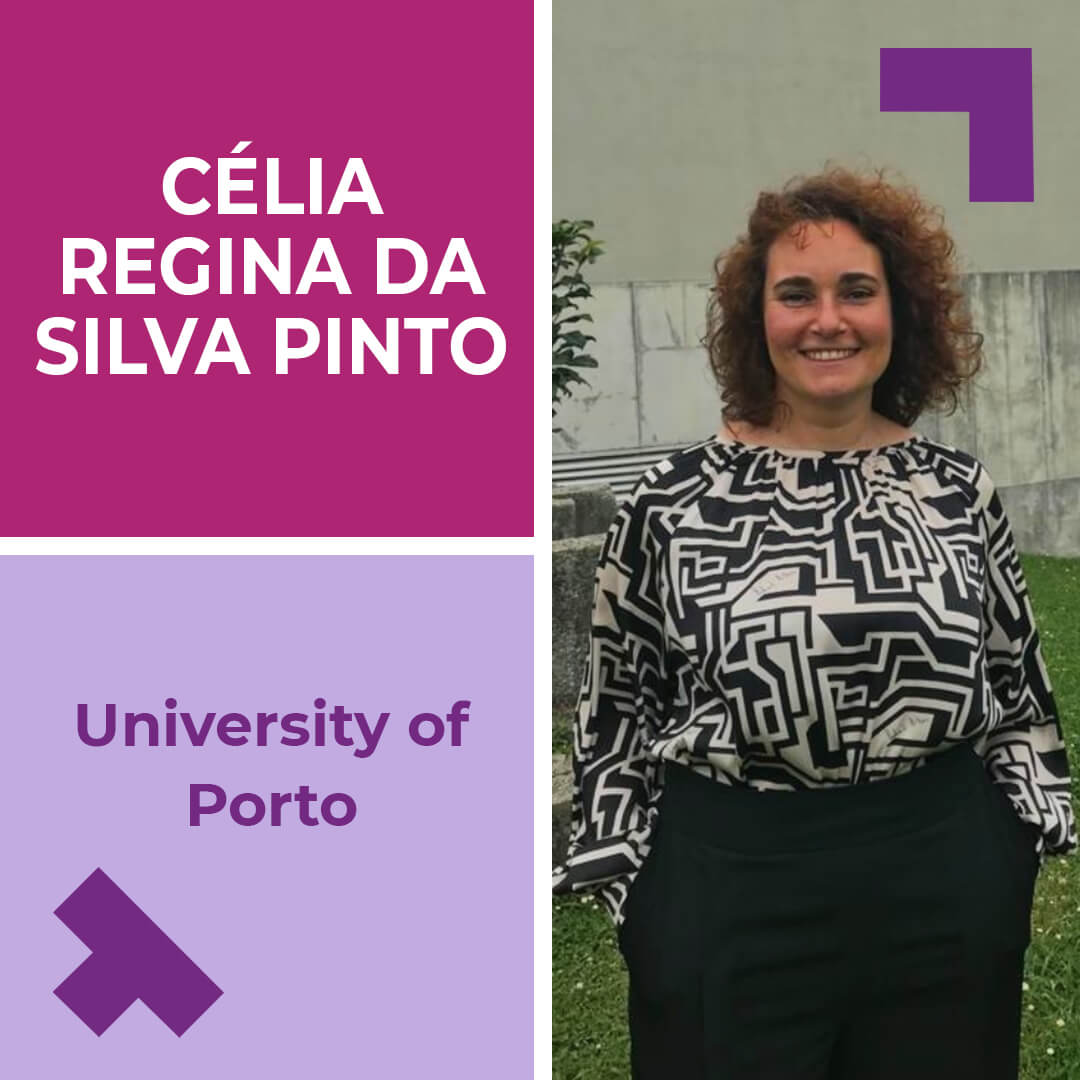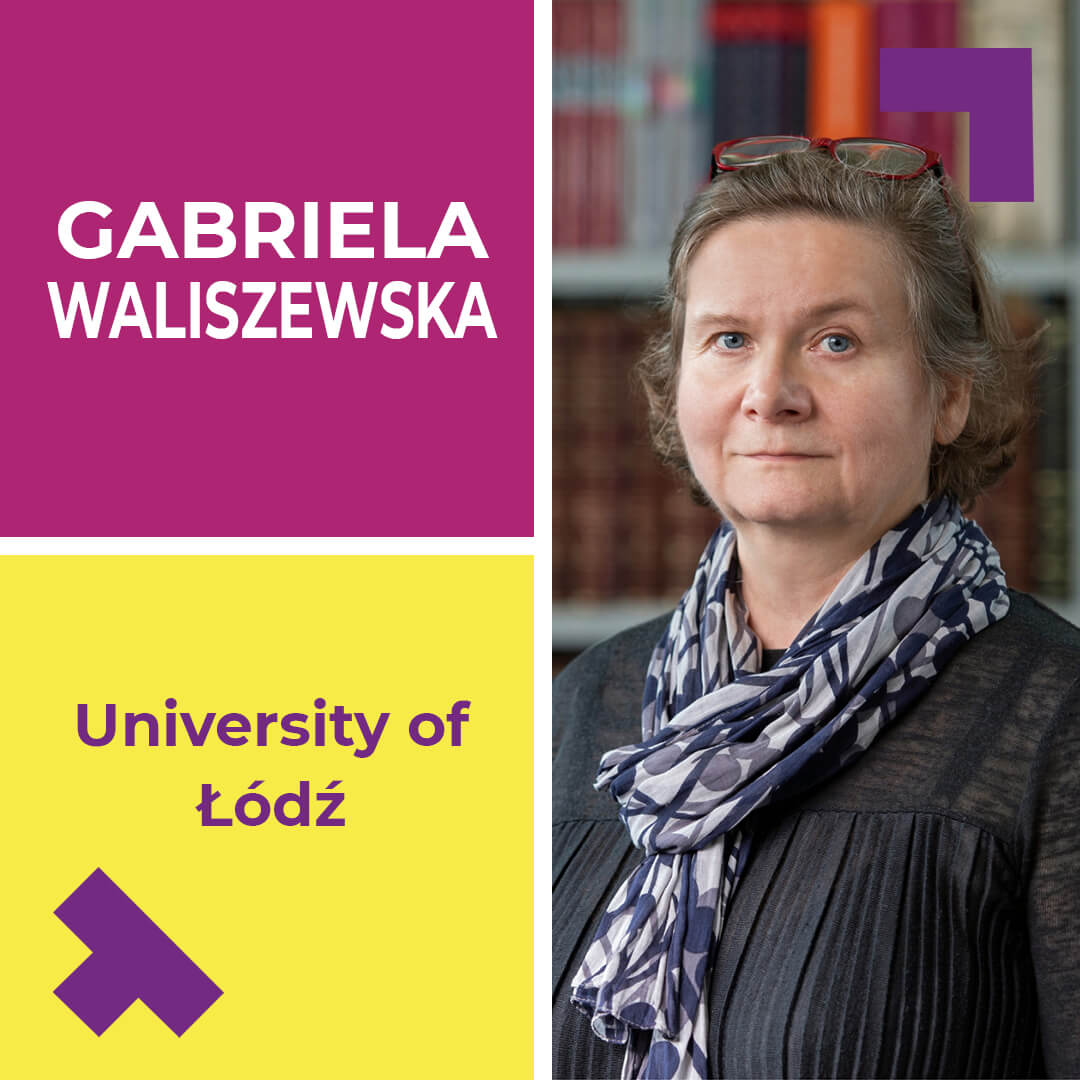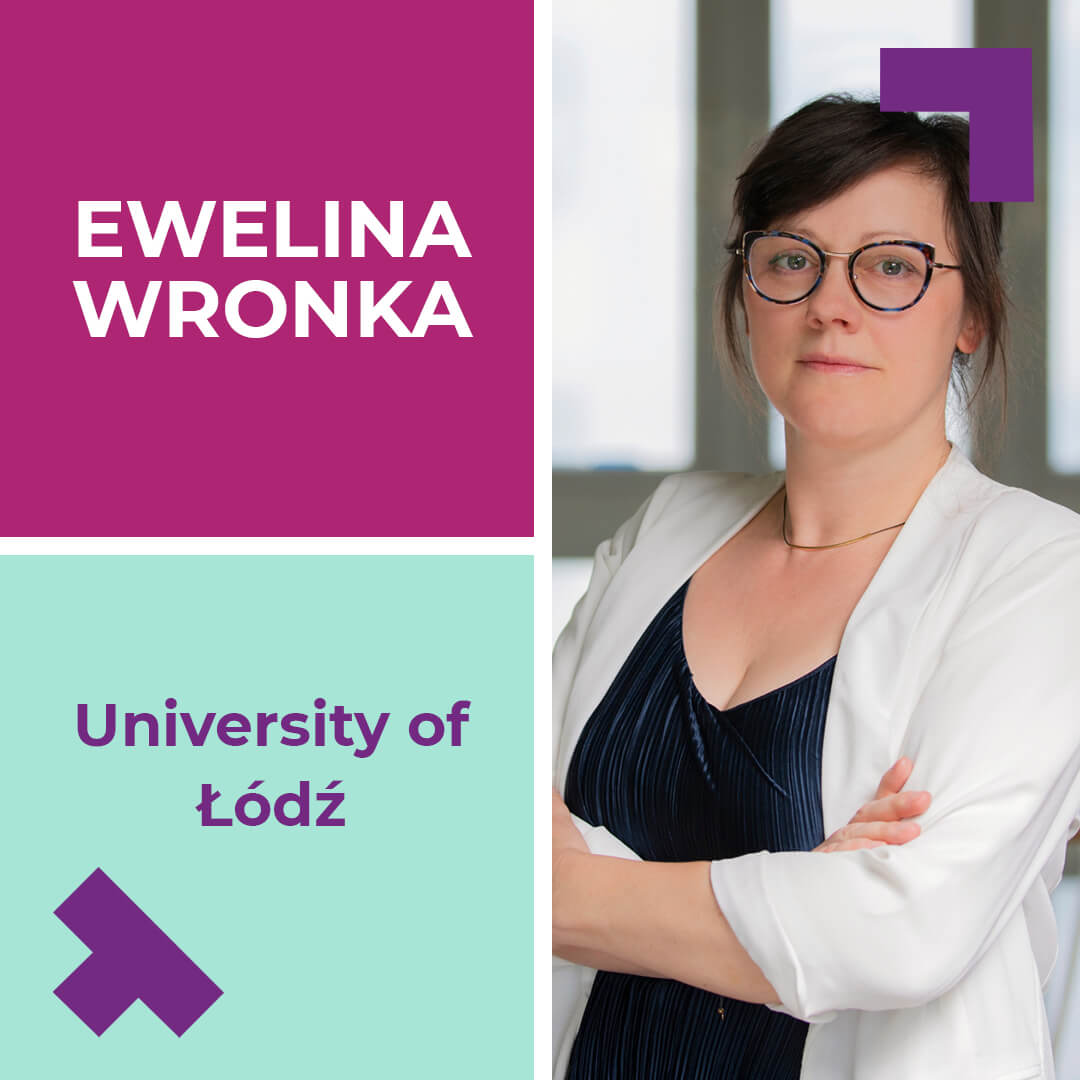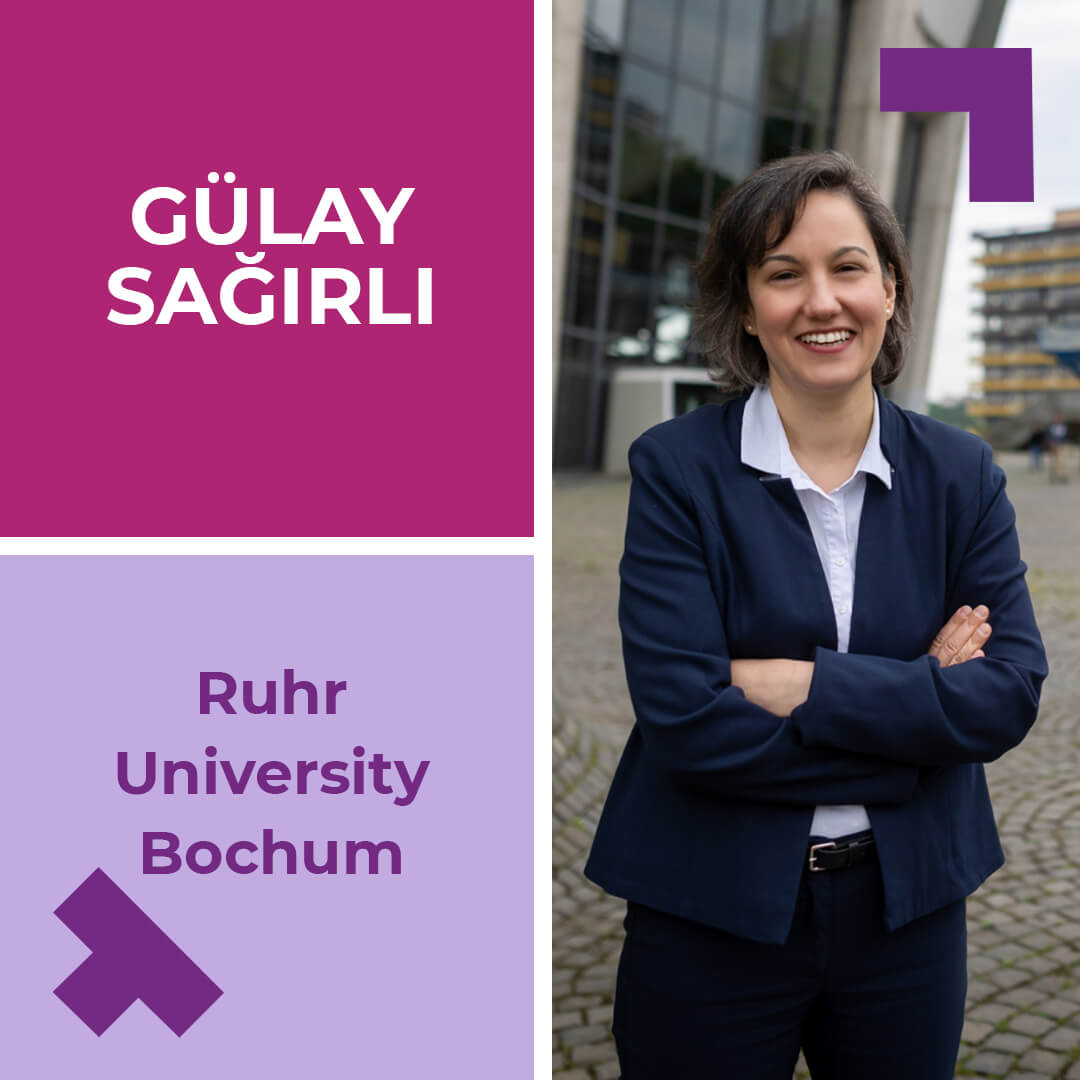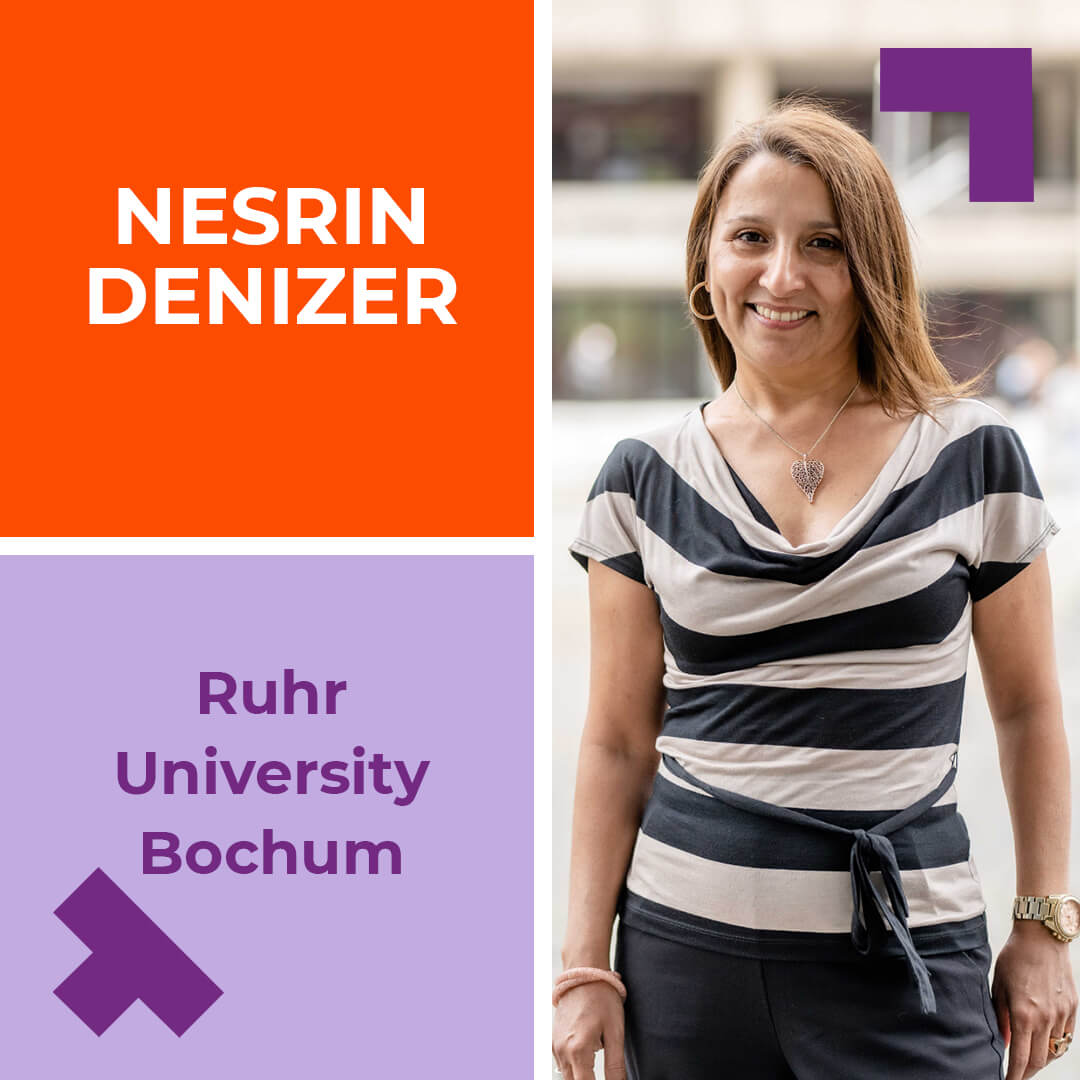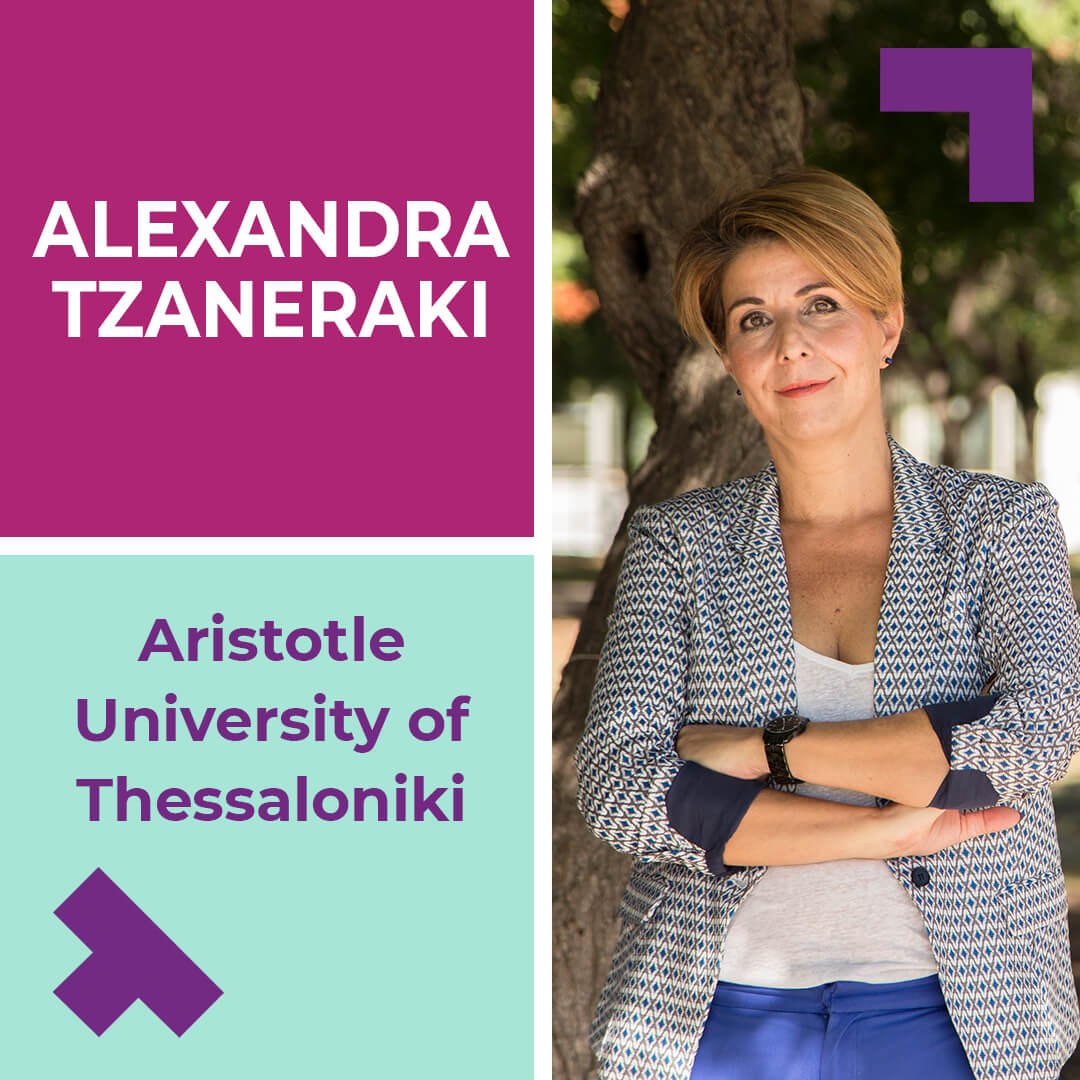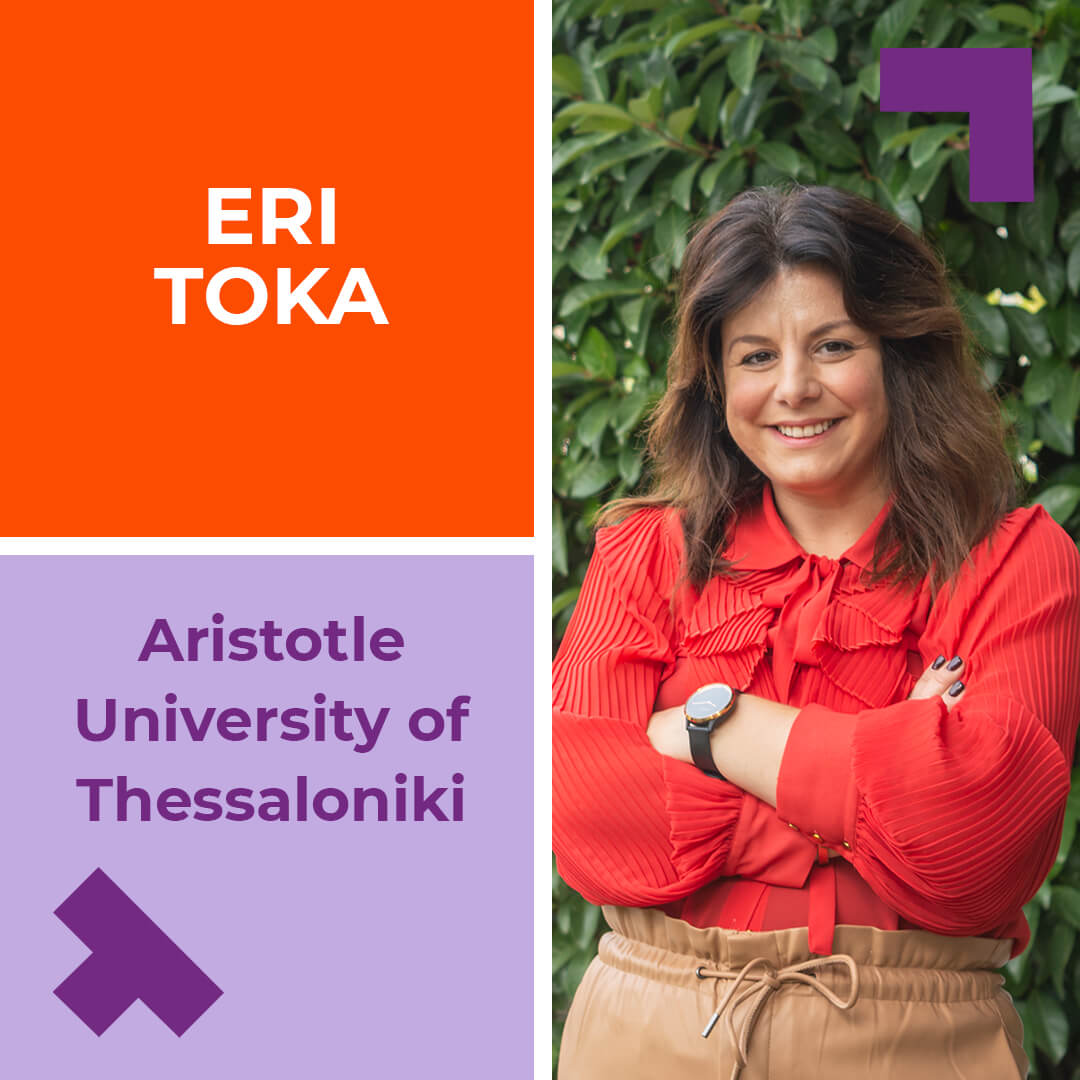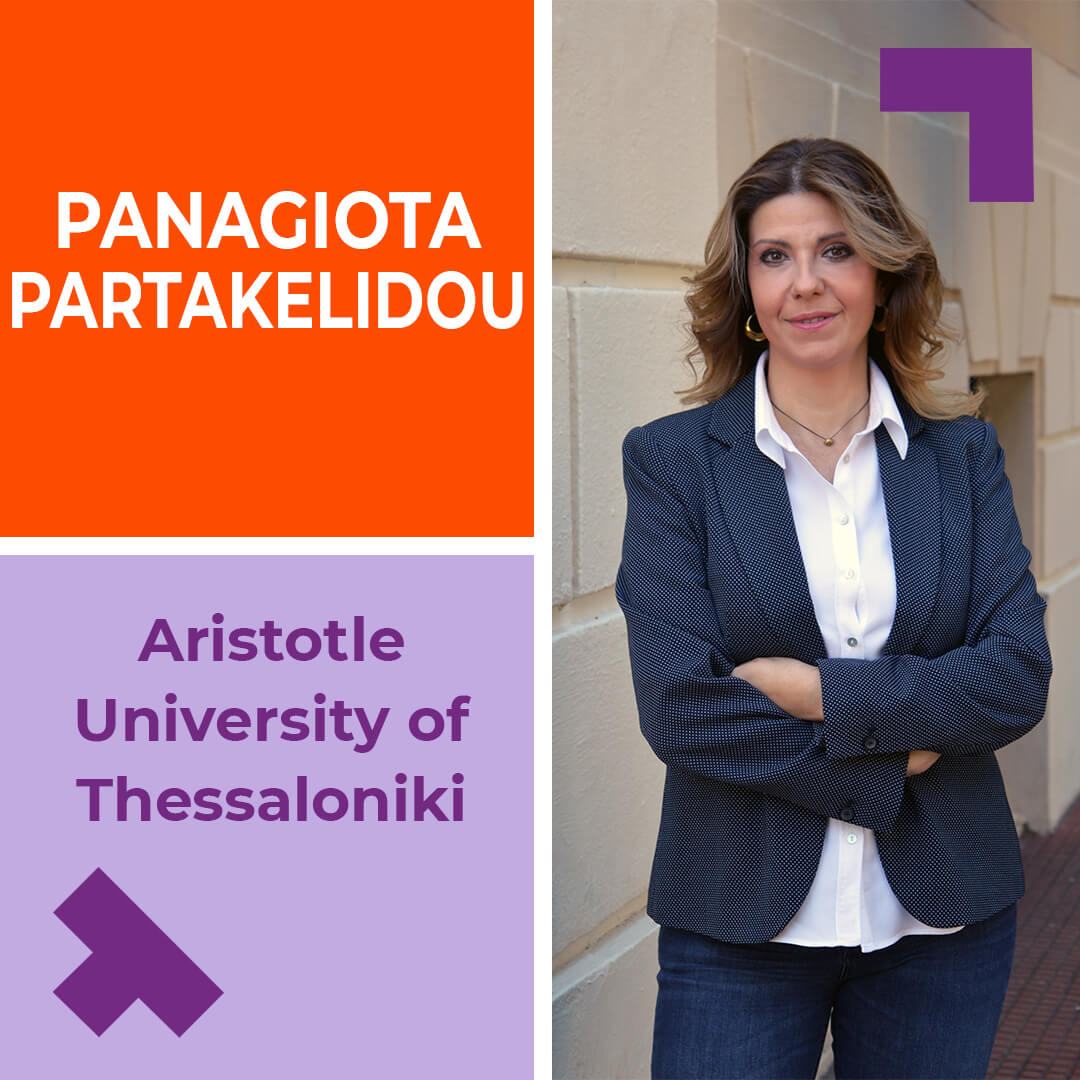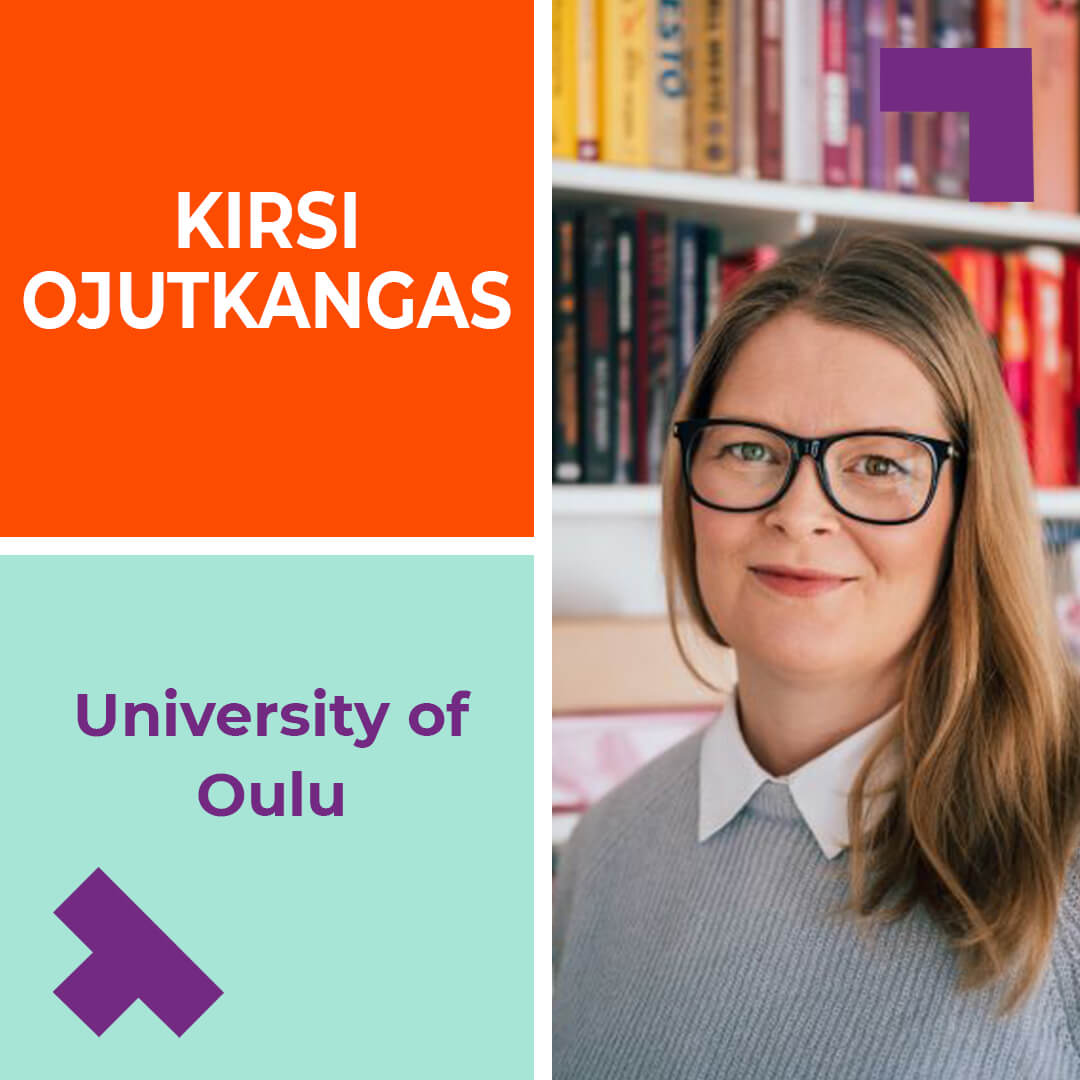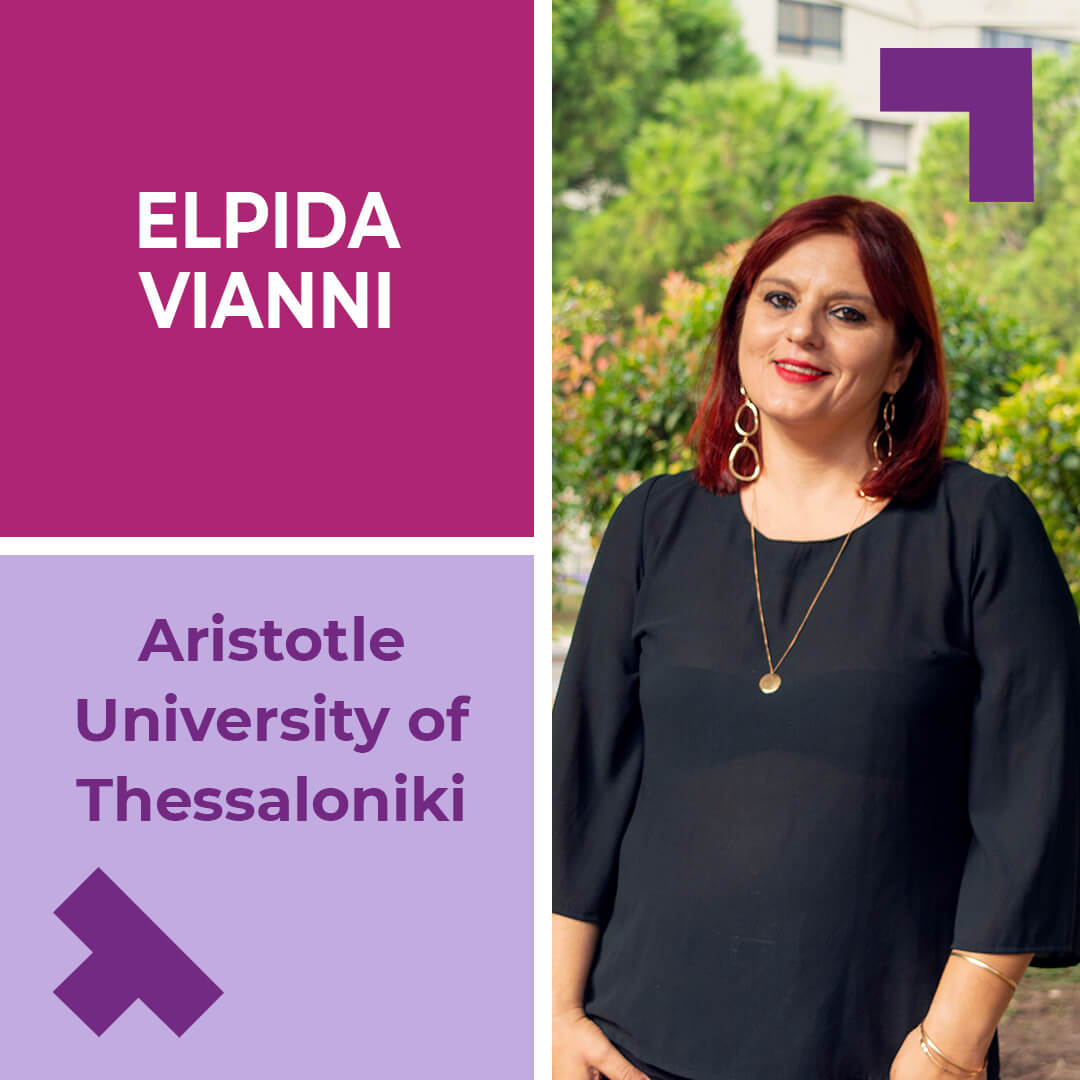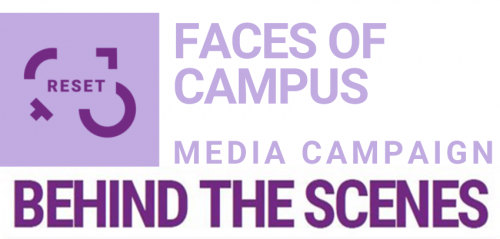
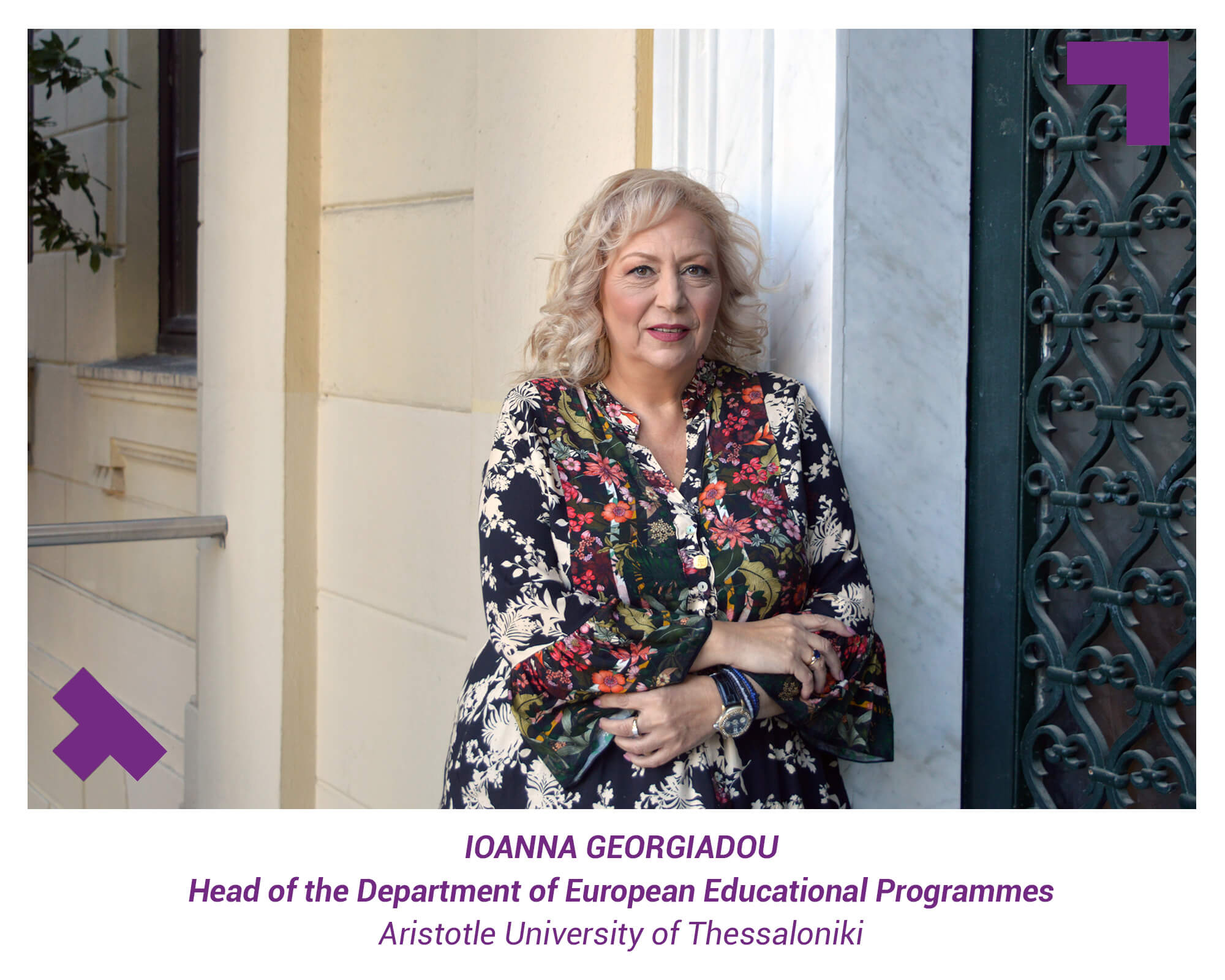
I have been working in the Department of European Educational Programmes of AUTH since 1989, while since 2011 I have been the head of the Department. My participation in numerous seminars, work-shops and staff trainings organized by national and European organizations such as the European Commission, the Greek Erasmus+ National Agency, European Universities and my extensive experience have helped significantly in the development and adoption of innovative practices for the implementation of the Erasmus programme, always in collaboration with my team. Τhe result was the recognition of these practices by the Greek Erasmus+ National Agency and the European Commission, as well as by AUTH with the recent granting of an award of excellence.
Which aspects of your work/function do you appreciate the most?
One of the aspects of my daily work I appreciate the most is the communication with partners all over Europe and beyond. It gives me much satisfaction that we provide administrative support to students and staff mobilities, thus granting them the opportunity to a unique experience, which in many cases changes peoples’ lives. Furthermore, the close collaboration with university’s Faculties and Schools for the realization of mobilities and the implementation of the ECTS system and the participation and contribution in Erasmus projects, which vary in topics and also have impact towards the improvement of both procedures and work for many colleagues around the world.
What do you consider as the most important impacts of your work?
Mobility is a life changing experience especially for students, with a high impact on their personal and academic development, as well as their career or employability and professional development. On the other hand, staff mobilities are the solid basis of most inter-institutional cooperation agreements in research, while Erasmus projects can have a Europe-wide impact on many different aspects of higher education, ranging from solutions to administrative bottlenecks to reform of educational content. Overall, as our work has direct impact on higher education and peoples’ lives, I often feel a lot of personal and professional content.
Do you think appreciation is important at work? And in which form?
Appreciation is a key factor for producing quality results and for maintaining a team’s motivation for generating new ideas. Its form might vary and could be a formal recognition of a team’s work at the institutional level through an award or an informal acknowledgement from the higher education community of the added value that a team’s effort brings.
What aspects of your workplace do you perceive as supportive in order to be motivated?
A great team of colleagues, who are dedicated to higher education internationalization and student and staff mobilities and compensate for any lack in facilities and of course, support from the university leadership and trust in the team’s work.


